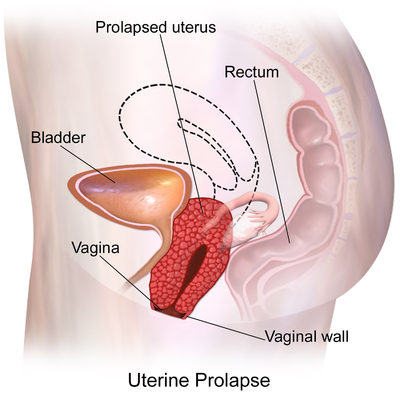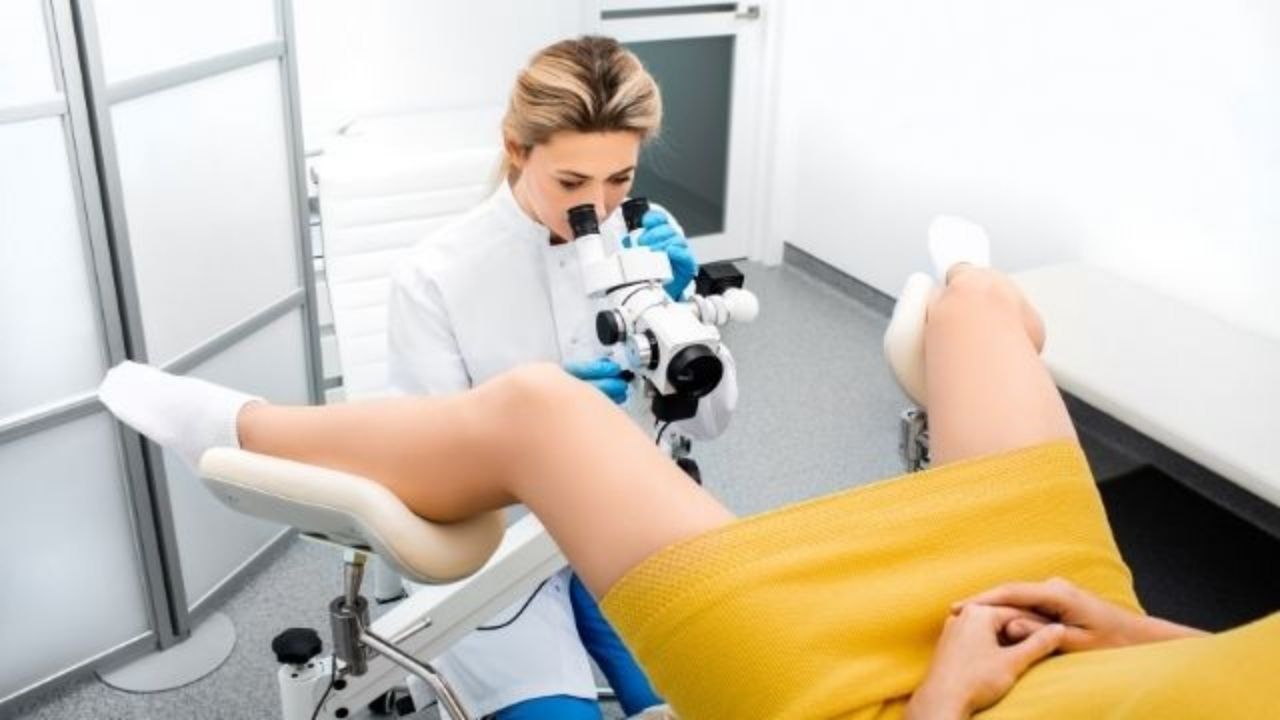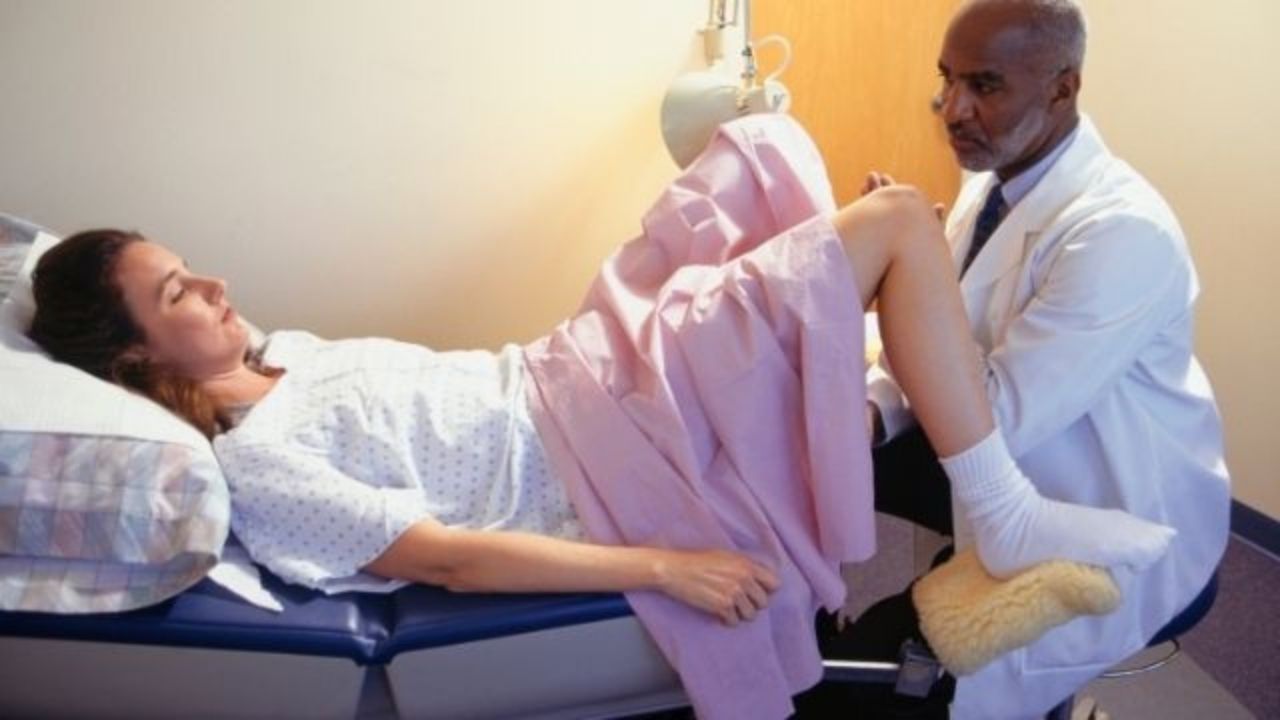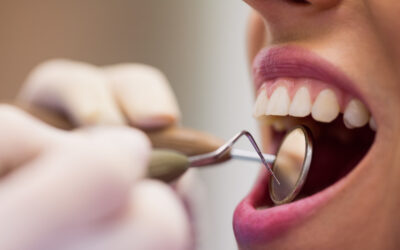Introduction Welcome to ONP Hospital, where the future of neonatal care unfolds within our state-of-the-artNeonatal Intensive Care Unit (NICU). Our commitment to delivering the highest standard of carefor our tiniest patients is evident in the cutting-edge technology,...


Overview
Prolapse is more frequent in females who’ve had one or even more vaginal births, although it may also happen in females who’ve had C-sections or never even had a pregnancy. Prolapse may develop in postpartum females, either immediately after delivery or after they begin exercising again.
Menopause is a typical period for women to discover they have a prolapse. Estrogen has a direct effect on the pelvic organs, pelvic muscles, and related soft tissues. Prolapse is more likely when estrogen levels drop throughout menopause, and the pelvic organs lose stability.
Everything you need to know about Prolapse
What is Prolapse?
A prolapse develops when one or more pelvic organs, like the uterus, bladder, or rectum, protrude into the vaginal cavity. A prolapse may develop in any one of these regions or a combination of them. After some period, you may detect a bulge flowing out of the vaginal opening, or, in the event of the rectal prolapse, one may observe a bulge emerging out of the anus opening.
Symptoms
The majority of the time, a slight prolapse goes unnoticed. Only your doctor is likely to notice this. There may be signs such as a bulging or pressing sensation or objects falling out from the vagina if the prolapse has developed. In most cases, prolapse is not painful. On average, prolapse symptoms fluctuate depending on whether you’re coughing, moving, or doing anything else. In addition to fluctuating according to the time of the day, bowel and bladder capacity may also influence them. In females with prolapse, the urethral may become kinked, making it difficult for them to empty their bladders or pass bowel function.
Pelvic floor problems that females with prolapse may suffer include:
- Urinary incontinence due to stress
- Bladder hyperactivity
- Incontinence of faeces
Causes
A prolapse happens whenever the pelvic floor and pelvic organs cannot sustain the pelvic organs sufficiently. A weaker pelvic floor and decreased pelvic organ function may result from pregnancy and delivery. This impact rises with more births, forceps usage, bigger infants, and labor that is longer. A rise in abdominal pressure may cause prolapse. Persistent coughing, chronic diarrhea, overweight, and hard lifting are all examples of symptoms.
Ehlers-Danlos syndrome, a collagenous illness, might increase your risk of prolapse. The tissues that hold the pelvic organs in place are weakened in certain conditions, and as a result, they cannot offer appropriate support throughout time.
Treatment option Details
Pelvic organ prolapse has many therapeutic possibilities. They may be used independently or in unison.
- Be patient and watchful
The first step is to monitor. This one is done for ladies who are unaware of their prolapse. If indeed the prolapse continues, they may need other treatment choices.
- Physiotherapy and Pelvic Floor Exercises
The second therapeutic choice is pelvic floor muscle workouts, both with and without physiotherapy supervision. A pelvic floor physio frequently addresses diarrhea. She may also help you modify your usual (non-pelvic floor) workout program to keep you engaged without exacerbating your prolapse. She can also assist you with urine or bowel problems, diarrhea, pelvic or sexual discomfort, and hyperactive bladder problems.
- Pessary
A pessary is another therapy option. This is frequently combined alongside pelvic floor muscle training or physiotherapy. A pessary is vaginal support for a prolapse. Pessaries come in various sizes and forms. A gynecologist or urogynecologist fits them, while certain pelvic floor physiotherapists are trained to do just that. Some pessaries must be cleaned thoroughly by a doctor, while others may be withdrawn and re-injected by the patient. Some pessaries enable intercourse while in place, while others must be removed beforehand. Consult your physician if you experience discomfort, bleeding, or your pessary falls out. You may require a new pessary.
- Estrogen vaginal
Menopausal women frequently use vaginal Estrogen ointment or pills. They may assist increase vaginal tissue stamina and wellbeing when combined with pessary or pelvic floor muscle exercise.
- Surgery
Lastly, surgery is a possibility. It is the most intrusive therapeutic option and is usually considered after other treatments have failed. Risques abound in any enterprise. Inspect them with your surgeon. On may experience:
- Prolapse corrects stress urine incontinence
- Urinary urgency or recurrence worsening
- Pain
Your gynecologist or urogynecologist may pick several operations for your prolapse. So many variables. Surgical options include hysterectomy, colpocleisis (vagina closure), or lifting and attaching your vagina or uterus to a ligament or bone (such as sacrocolpopexy or sacrospinous fixation), vaginal repair. Your doctor may suggest combining these elements. Colpocleisis is only indicated for women who have had past unsuccessful prolapse procedures, are in poor health, and no longer desire to be interested in sex.
Conclusion
Moreover, depending on the procedure, you may need to limit your movements for a while. Ensure this is the case for you. Question how long you anticipate being off work, the overall success, and the likelihood of a prolapse reappearance. Pregnancy is not advised after prolapse repair surgery.
Sub Services
What Patient has to say about us
People heavily rely on reviews from other patients when choosing a healthcare provider
Our Patients Many many happy returns of the day......... The best doctor in the world My mother was suffering from severe pain in both knees and spine. Dr. Aashish arbat sir has operated today after 15days she is doing every thing thank you Dr aashish arbat sir and team Especially the major support was from Dr Ram sir from admission to dischatge and follow ups and taken care very nicely thanku Dr. Ram sir Our Patients After enduring knee pain for the past decade, my mother sought advice from various doctors in Nagpur, Nashik, and Pune. They all recommended knee replacement surgery, but it was only when we discovered Dr. Aashish Arbat and the option of robotics surgery that we made the decision to proceed. The surgery took place on June 23, 2023, and it turned out to be an incredible experience. To our astonishment, on the morning of June 24, my mother was able to stand on her own legs and even take a few steps. This remarkable progress was made possible due to the advanced assistance of robotics arm and Artificial Intelligence. Dr. Aashish Arbat is an exceptional and highly experienced surgeon, and we are immensely grateful for his expertise. We also extend our appreciation to his colleagues, Dr. Sharma and Dr. Ram, for their excellent skills and compassionate nature. Our heartfelt thanks go out to the entire team for enabling my mother to live a pain-free life Our Patients My mother got her both robotic knee replacement from sir on Oct 2021. The team and sir have made the complete process seamless. Especially my mother was very comfortable post her surgery. Thank you Dr Arbat and team. Our Patients Our Patients Our Patients Hello. My wife has severe arthritis in her body knees since 2017. We communicated many doctors but she was not happy. We visited Dr arbat for same issue and he came up with robotic knee replacement solution which suited her accurately and she is walking 5-6km daily without hesitation and living comfortably. Thanks Dr. Aashish Arbat and his new technology.Chhaya Kate
pravin kharat
T Srivalli
Mohan Satavekar
VIVEK PANDEY
Subhash Bobade
Blogs
Transformative Care: Navigating the State-of-the-Art NICU Facility at ONP Hospital
Introduction Welcome to ONP Hospital, where the future of neonatal care unfolds within our state-of-the-artNeonatal Intensive Care Unit (NICU). Our commitment to delivering the...
Plant-Powered Health: Exploring the Benefits of a Vegetarian Diet
Introduction The debate between vegetarian and non-vegetarian diets has been ongoing for years, with both sides presenting their arguments. However, a growing body of scientific...
Battling Oral Cancer and Tobacco: Understanding Treatments, Diagnosis & Prevention
Introduction Oral cancer, a type of head and neck cancer, is a serious and potentially life-threatening condition that affects various parts of the mouth, including the lips,...
Videos
Dr. Amita Phadnis’s Full Speech on Survival & Health Rights at UNICEF India.
Dr. Amita Phadnis ,M.D., Gave a Motivating Speech
Breast cancer is cancer that forms in breast cells. Women are mostly diagnosed with this cancer. Although it can be seen in both men and women
What is AMH
The granulosa cells in your ovarian follicles create the anti-Mullerian hormone, often known as AMH. According to the American College of Obstetricians and Gynecologists (ACOG), the generation of AMH is a reflection of your ovarian reserve.
FAQ’s
Pregnancy and Migraine Headaches: What Women Need to Know
When you are pregnant or breastfeeding, then you should be aware that migraine headaches are a normal part of the journey. Pregnant women might feel headaches owing to...
What Is the Problem of Orthopedics in Children?
While orthopaedic problems are commonly seen in and associated with the elderly, it’s important to be alert regarding the fact that they can afflict young people and children as well.
All You Need to Know About Reproduction
Most science students have to study about reproduction in their high school syllabus, and some learn from their parents, who may discuss it even earlier. It’s a very good thing to know about our own bodies…
Explore All Departments

ONP Prime

ONP Leela

IVF

Oncology

Pediatrics

Urology

Neonatology

Ophthalmology

Orthopedics

Gynaecology

Cardiology

IVF

Oncology

Pediatrics

Urology

Neonatology

Ophthalmology




 Home
Home Gynecology
Gynecology



